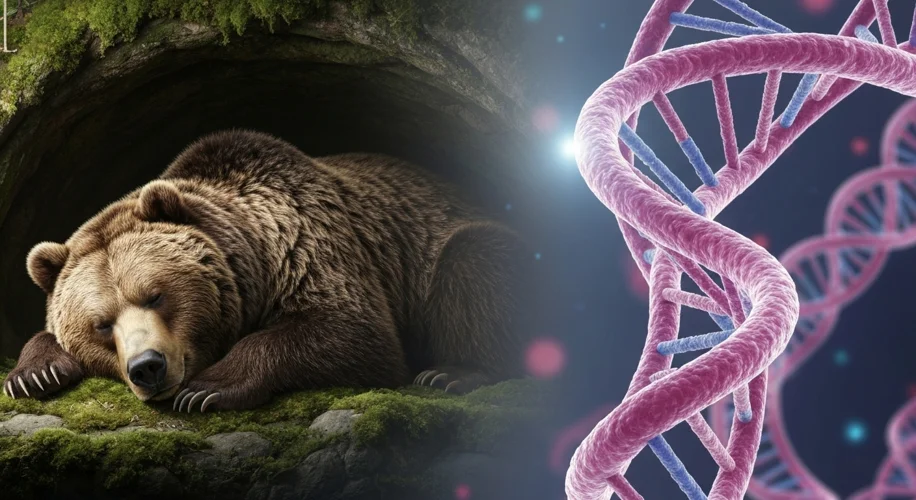Did you know that some animals seem to have a built-in superpower? It’s called hibernation, and scientists are starting to wonder if we humans might have a version of it hidden in our DNA.
Think about it. Animals like bears, squirrels, and even some bats can slow their bodies down dramatically for long periods. Their heart rates drop, their body temperatures fall, and their metabolism almost grinds to a halt. It’s like hitting a biological pause button. This incredible ability helps them survive harsh conditions, like winter when food is scarce.
Now, here’s where it gets really interesting. Recent scientific claims suggest that humans might possess genes that are related to hibernation. It’s not that we can curl up in a den for months, but these genes could potentially offer us a way to regulate our own bodies in profound ways.
Scientists are exploring these genes with a focus on what they could mean for human health. Imagine if we could tap into these genetic pathways to help treat conditions like obesity or diabetes. The idea is that by understanding how hibernating animals manage their energy so efficiently, we might unlock new ways to help our own bodies function better.
For example, during hibernation, animals can go without food for extended periods without losing much muscle mass. They also have remarkable resistance to certain types of cell damage. These are the kinds of biological feats that researchers are trying to understand and potentially replicate through genetic insights.
One of the most exciting possibilities is the link to Alzheimer’s disease. Some research points to hibernation as a potential key to unlocking new treatments. The mechanisms that protect hibernating animals’ brains during their long sleeps might offer clues on how to protect human brains from neurodegenerative diseases.
It’s important to remember that this is still very early-stage research. We’re not talking about humans hibernating anytime soon! But the exploration into our own genetic makeup, inspired by the natural world, is truly fascinating. It highlights how much we can still learn from the creatures we share this planet with.
This research reminds me of how interconnected everything in nature is. The adaptations that allow a small mammal to survive a brutal winter could hold the keys to solving some of our most pressing human health challenges. It’s a humbling and hopeful thought.

